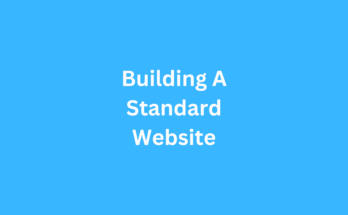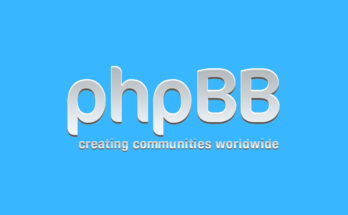In today’s digital age, having an online presence is essential for businesses, bloggers, and individuals alike. A Content Management System (CMS) plays a pivotal role in creating and managing websites efficiently. However, with the plethora of options available, selecting the right CMS can be a daunting task. In this guide, we’ll delve into the intricacies of choosing the perfect CMS for your needs.

ALSO READ: Linux vs. Windows for VPS: Choosing the Right Operating System
Understanding the Importance of Choosing the Right CMS
Before diving into the world of CMS options, it’s crucial to understand why your choice matters. Discuss how the CMS impacts user experience, SEO, scalability, and overall website performance. Emphasize that a well-chosen CMS can save time, money, and resources in the long run.
Assessing Your Website Needs
The first step in selecting a CMS is to assess your specific website needs. Consider factors such as the type of website you’re building (e-commerce, blog, portfolio), your technical expertise, and your future growth plans. Explain how different CMS options align with various requirements.
Popular CMS Options
Discuss some of the most popular CMS platforms available today, such as WordPress, Joomla, Drupal, and Shopify. Highlight their strengths, weaknesses, and ideal use cases. Mention that WordPress is a versatile option suitable for various types of websites.
Open-Source vs. Proprietary CMS
Explain the differences between open-source and proprietary CMS options. Discuss the benefits of open-source systems, such as flexibility and cost-effectiveness, versus the advantages of proprietary systems, like security and support.
SEO Considerations
Delve into the importance of SEO-friendly CMS platforms. Discuss how features like clean URLs, customizable metadata, and mobile responsiveness can impact your website’s search engine rankings. Emphasize that an SEO-friendly CMS can give you a significant edge in the digital landscape.
User-Friendliness and Customization
Evaluate the user-friendliness of different CMS platforms. Highlight the importance of a user-friendly interface for content creators and administrators. Discuss the level of customization each CMS offers, as this can greatly influence your ability to create a unique website.
Scalability and Performance
Explain the significance of scalability and performance. Discuss how a CMS handles increased traffic and the importance of a fast-loading website. Mention that choosing a CMS that can grow with your business is crucial for long-term success.
Security and Updates
Discuss the security aspects of CMS platforms. Explain the importance of regular updates and security patches. Highlight the security features of popular CMS options and how they protect your website from vulnerabilities.
Cost Considerations
Address the cost factors associated with CMS platforms, including initial setup, hosting, themes, and plugins. Compare the cost-effectiveness of different CMS options, taking into account your budget constraints.
Making Your Decision
Summarize the key points discussed in the guide. Encourage readers to make a well-informed decision based on their specific needs, emphasizing that there is no one-size-fits-all solution.
Conclusion
In conclusion, choosing the right CMS is a crucial step in building a successful online presence. By assessing your needs, considering factors like SEO, user-friendliness, security, and scalability, you can make an informed decision that will benefit your website in the long run. Remember that a well-chosen CMS is not just a tool; it’s the foundation upon which your online success is built.
Get Your Shared/VPS/Dedicated Server Here





One Comment on “Choosing the Right CMS for Your Website: A Comprehensive Guide”